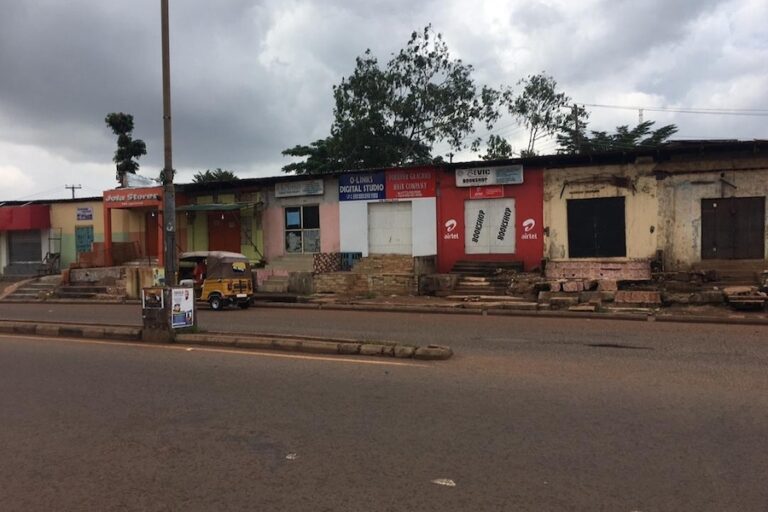Over the past four years, the South-East region of Nigeria has suffered economic losses totaling ₦7.6 trillion due to the Indigenous People of Biafra’s (IPOB) enforced Monday sit-at-home order, a move aimed at securing the release of its detained leader, Nnamdi Kanu.
The affected states—Abia, Anambra, Ebonyi, Enugu, and Imo—have seen widespread shutdowns, impacting key sectors such as trade, transportation, and small businesses. A report by SBM Intelligence revealed that microenterprises lose around ₦4.5 trillion annually, while daily transport losses reach ₦13 billion. The order has also disrupted education, forcing exam cancellations and weekend rescheduling.
“The region’s economy has lost momentum,” noted SBM, citing 776 deaths, rising unemployment, and a 50–70% drop in income for local businesses. Education and public safety have also suffered, with a growing trend of violence and human rights abuses.
According to economic expert Samson Simon, insecurity has scared off investors and pushed existing businesses to relocate. “The economic downturn is feeding into a cycle of poverty and reduced consumer confidence,” he said.
Support for the movement, according to SBM’s 2021 findings, is strongest among younger people and lowest among those over 50. Generational divides hint at differing perceptions of IPOB’s cause—while older citizens recall the trauma of the Biafran War, many youths are more sympathetic to IPOB’s demands for self-determination.
The situation has escalated beyond civil protest. From 2021 to 2023, incidents of violence doubled, and in 2024 alone, 133 violent cases and 313 deaths were recorded, with kidnappings and armed gang activities becoming more frequent. Imo and Anambra lead in casualties, recording 332 and 202 deaths respectively over four years.
SBM warns that if left unchecked, the region could face further instability: “A coordinated response is urgently needed to curb the rising human and economic cost.”

